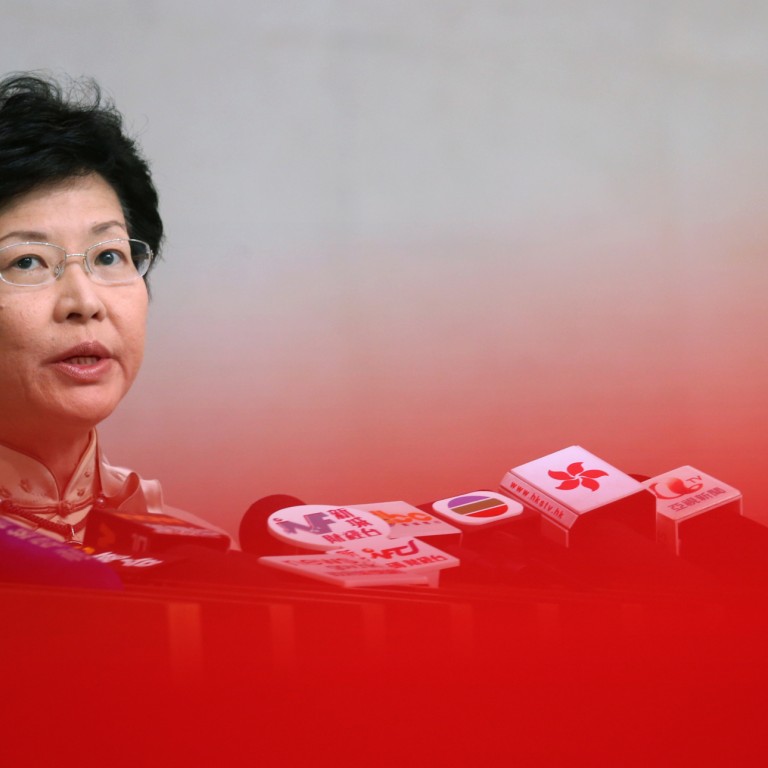
Moderate voices can still prevail on universal suffrage
Those looking forward to an early consensus on political reform must be disappointed by recent developments. In a move that is likely to deepen the current divide, members of Occupy Central are asking people to choose among three electoral proposals that do not stand a real chance of being approved.
Those looking forward to an early consensus on political reform must be disappointed by recent developments. In a move that is likely to deepen the current divide, members of Occupy Central are asking people to choose among three electoral proposals that do not stand a real chance of being approved. This prompted calls for moderate pan-democrats to renew their strategy by breaking up with their radical allies. The government, on the other hand, is not prepared to entertain the idea of so-called public nominations in the next round of consultation. It also stepped up attacks against the civil disobedience campaign and told teachers and schools not to encourage pupils to take part.
The tough rhetoric against Occupy Central is not surprising. Tasked with the controversial goal of pushing for democracy by paralysing the business district with a 10,000-strong crowd, the campaign has not been well received in a city known for its rule of law. It may have an appeal to those who share its political ideals, but the involvement of radical groups means it could be hijacked and turn violent. That is why the education chief has not shied away from warning teachers and pupils of the danger of taking part, even if this invites attacks of putting pressure on them. The guidelines to be issued by the government will bring relief to parents who oppose the campaign.
There are valid reasons not to dwell on proposals that insist on the public right to name chief executive candidates in the next stage. The idea has been deemed by Beijing to be inconsistent with the Basic Law, which says nominations shall be made by a broadly representative committee. As public nomination was fully debated in the first consultation and does not stand a chance of being passed, it makes sense to focus on options that are legally sound and politically viable in future.
Whether the activists' "civil referendum" next month will draw a high turnout remains unclear. But it is not going to narrow the political divide. As Chief Secretary Carrie Lam Cheng Yuet-ngor said, the three options shortlisted for the vote do not give Hongkongers a real choice. Regardless of the turnout, the outcome will not help find a way forward.
Consensus does not come from tension and bickering. It is good that some moderate pan-democrats are still united and trying to work out proposals that are democratic and acceptable to Beijing. With pragmatism and determination, universal suffrage is a goal that can be achieved.

